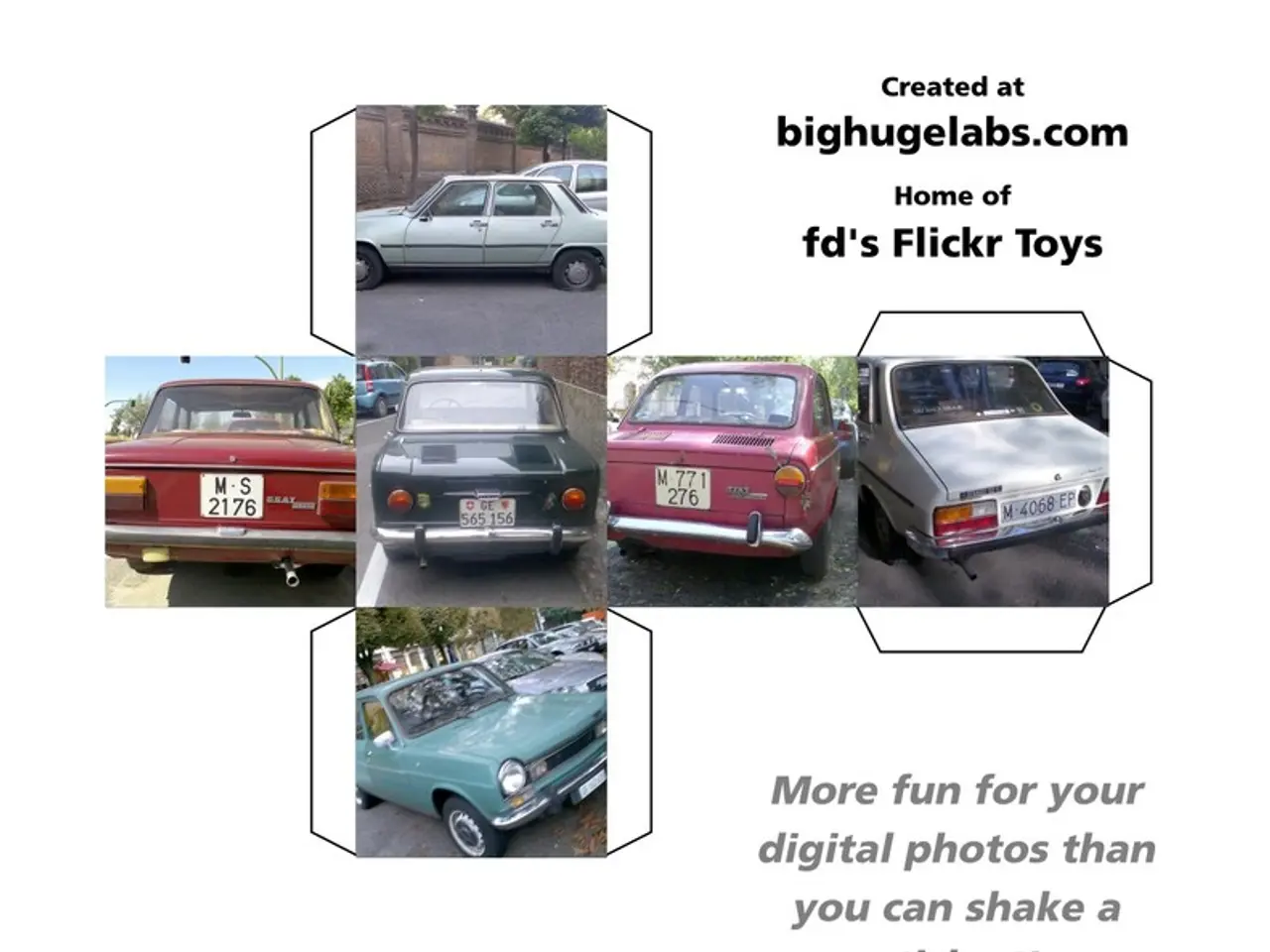A DIY Camper Provides an Unique Travel Experience that Certain RV Enthusiasts Emphatically Recommend
The skoolie lifestyle, a unique and creative choice among vehicle adaptations, has seen a significant surge in popularity in recent years. This trend is part of a broader movement towards tiny homes and mobile living, as more people seek affordable, flexible, and eco-friendly living arrangements.
This shift can be attributed to the increasing visibility of skoolie living on social media platforms, with influencers documenting their building processes and adventures in converted school buses. This exposure has inspired many to explore this lifestyle, mirroring similar trends seen in vanlife and other mobile dwellings.
Building and living in a skoolie involves a series of essential elements. The first step is selecting the right bus based on factors such as size, engine type, and layout, considering budget and intended use. The conversion process includes installing essential components like insulation, wiring and electrical systems, plumbing, kitchen setups, sleeping and living areas, and bathroom facilities. Safety features, such as emergency exits, proper ventilation, working brakes, and fire safety equipment, are also crucial.
However, the skoolie lifestyle comes with its own set of challenges. Space management is a key concern, as fitting all desired living essentials in a limited space requires careful planning and creative design. Older buses may require significant repairs or upgrades to motors, brakes, and other mechanical systems. Managing utilities, such as energy, water, and waste disposal, can be complex, and varying local regulations on parking, overnight stays, and vehicle conversions can complicate where and how skoolies can be used.
Living small and mobile also involves adapting to limited space, potential isolation, and a minimalist lifestyle. Maintenance and potential repairs for skoolies can be expensive, and owners may face challenges such as finding seasonal or remote jobs, dealing with poor cell and internet service in certain areas, and navigating legal restrictions in some regions.
Despite these challenges, skoolie owners swear by their converted buses for their spaciousness, relative affordability, and the creative freedom of customization. The rugged and extremely customizable nature of skoolies offers a robust alternative to compact vans or factory-made RVs, making it an appealing choice for those seeking adventure and a unique living experience.
As the skoolie lifestyle continues to gain traction, it's clear that this trend is more than just a passing fad. With more people dreaming big while living tiny and learning to tackle the inherent challenges through innovation and community sharing, the skoolie lifestyle is set to remain a popular choice for those seeking a life on the road.
Home and garden enthusiasts might find inspiration in the creative customization of skoolie living spaces, incorporating elements of outdoor-living into their mobile homes. Travel guides often highlight unique skoolie lifestyles as a blend of lifestyle and adventure, appealing to individuals seeking an alternative to traditional home-and-garden living.



